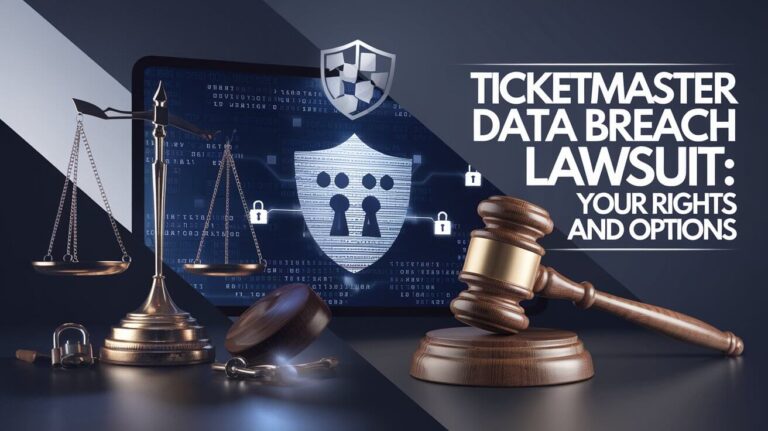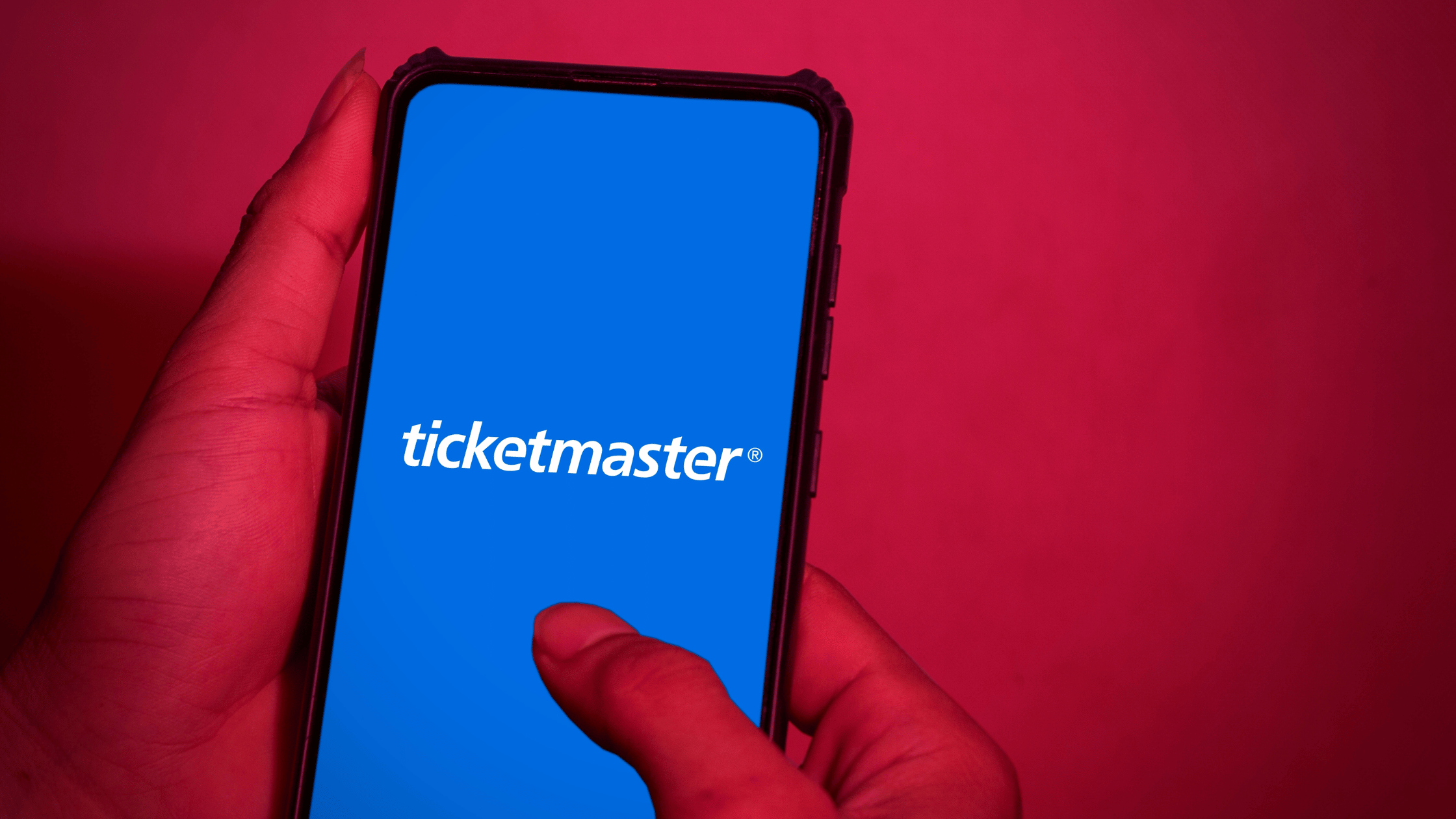Ticketmaster Data Breach Class Action Lawsuit

The thrill of securing tickets to a long-awaited concert or sporting event has been replaced by anxiety for millions of Ticketmaster users. A massive data breach, impacting an estimated 560 million customers worldwide, has ignited a firestorm of legal action, with a class action lawsuit poised to hold the ticketing giant accountable for alleged security lapses and potential financial damages.
This lawsuit, filed in the wake of the confirmed breach, accuses Ticketmaster of failing to adequately protect sensitive customer data, including names, addresses, phone numbers, credit card details, and even partial payment information. The breach, reportedly orchestrated by the hacking group ShinyHunters, has raised serious concerns about the vulnerability of personal information entrusted to Ticketmaster and the potential for widespread identity theft and financial fraud. This article delves into the details of the data breach, the specifics of the class action lawsuit, and the potential implications for affected customers and the future of data security within the ticketing industry.
The Anatomy of the Breach
On May 27, 2024, Ticketmaster's parent company, Live Nation, disclosed the breach to the Securities and Exchange Commission (SEC), confirming suspicions that had been circulating online for weeks. The company stated that it identified "unauthorized activity" within its systems and subsequently launched an investigation, which revealed the extent of the compromise.
ShinyHunters, a known cybercriminal group with a history of targeting major corporations, claimed responsibility for the attack. They allegedly offered the stolen data for sale on the dark web, further escalating the urgency and concern surrounding the situation.
What Data Was Exposed?
The type of data compromised varies from user to user, but reports suggest a wide range of sensitive information was exposed. This includes customer names, physical addresses, email addresses, phone numbers, dates of birth, and Ticketmaster account details. In some cases, partial credit card information, such as the last four digits and expiration dates, may also have been compromised. The exposure of such a vast amount of personal data puts affected individuals at significant risk of identity theft, phishing scams, and financial fraud.
The Class Action Lawsuit: Seeking Accountability
Following the disclosure of the breach, several law firms quickly announced their intent to file class action lawsuits against Ticketmaster. The lawsuits allege that Ticketmaster failed to implement reasonable security measures to protect customer data, thereby violating consumer protection laws.
The plaintiffs in these lawsuits seek to represent all individuals whose data was compromised in the breach. They are seeking damages for a variety of alleged harms, including the cost of credit monitoring, out-of-pocket expenses incurred as a result of the breach, and compensation for the emotional distress and inconvenience caused by the potential misuse of their personal information.
Key Allegations Against Ticketmaster
The lawsuits primarily focus on the following allegations:
Negligence: Ticketmaster allegedly failed to exercise reasonable care in protecting customer data, despite knowing the risks of cyberattacks.
Breach of Contract: Plaintiffs argue that Ticketmaster had a contractual obligation to protect customer data and failed to uphold that obligation.
Violation of Consumer Protection Laws: The lawsuits allege that Ticketmaster's data security practices violated various state and federal consumer protection laws.
The Legal Battle Ahead
The class action lawsuit against Ticketmaster is likely to be a lengthy and complex legal battle. Ticketmaster is expected to vigorously defend itself against the allegations. They are likely to argue that they took reasonable security measures to protect customer data and that the breach was the result of a sophisticated cyberattack that was difficult to prevent.
However, the plaintiffs will argue that Ticketmaster could have done more to protect customer data. They may point to past security vulnerabilities and incidents involving Ticketmaster as evidence that the company was aware of the risks but failed to take adequate precautions. The outcome of the lawsuit will depend on the evidence presented by both sides and the interpretation of the law by the court.
Protecting Yourself After the Breach
Regardless of the outcome of the lawsuit, individuals affected by the Ticketmaster data breach should take steps to protect themselves from potential harm. Experts recommend taking the following precautions:
Monitor your credit reports: Check your credit reports regularly for any signs of fraudulent activity.
Place a fraud alert on your credit file: This will alert creditors to take extra steps to verify your identity before opening new accounts in your name.
Change your passwords: Change your passwords for all of your online accounts, especially those that use the same username and password as your Ticketmaster account.
Be wary of phishing scams: Be cautious of any emails or phone calls that ask for your personal information. Ticketmaster will likely not ask for sensitive information via email.
Consider using a credit monitoring service: These services can help you detect and prevent identity theft.
Looking Ahead: The Future of Data Security
The Ticketmaster data breach serves as a stark reminder of the importance of data security in today's digital age. Companies that collect and store sensitive customer data must prioritize data security and implement robust security measures to protect that data from cyberattacks. As technology evolves and cyber threats become more sophisticated, companies must continuously adapt their security practices to stay ahead of the curve.
Furthermore, regulatory bodies are likely to increase scrutiny of data security practices, potentially leading to stricter regulations and penalties for companies that fail to protect customer data. The Ticketmaster breach is a watershed moment that could reshape the future of data security and the responsibilities of companies that handle sensitive personal information. The outcome of the class action lawsuit will undoubtedly set precedents for future data breach cases and influence the way companies approach data security going forward. The incident underscores the need for a proactive, rather than reactive, approach to data protection.


















